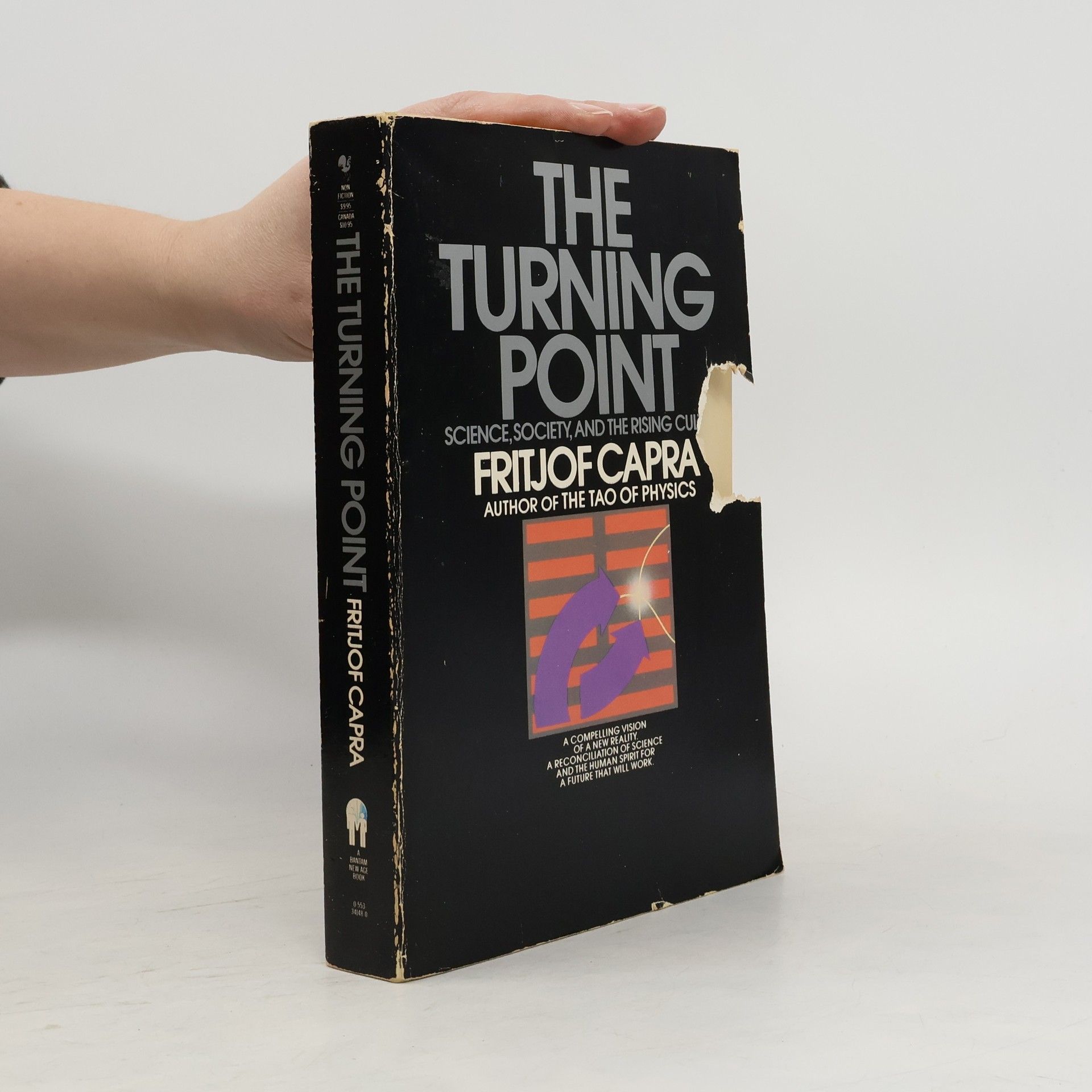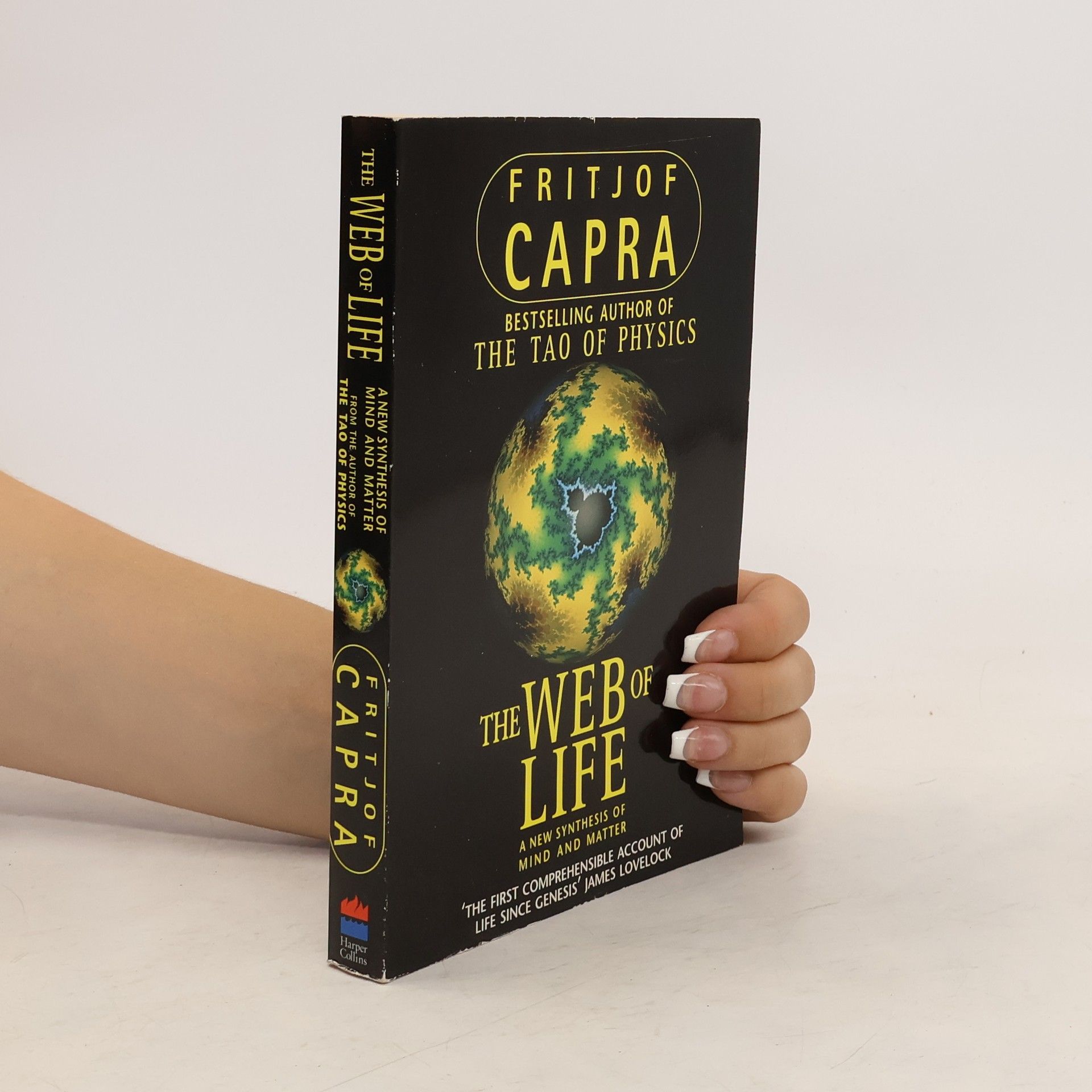Le temps du changement
Science, société et nouvelle culture
Fritjof Capra est un physicien dont le travail explore les liens profonds entre la science et la spiritualité. Son écriture explore les schémas profonds que l'on trouve dans la nature, en examinant comment ces principes peuvent éclairer de nouvelles façons de penser et de vivre. Capra se concentre sur l'apport de perspectives holistiques à notre compréhension du monde, défendant l'idée que nous faisons partie d'un réseau de vie interconnecté. Son œuvre encourage les lecteurs à considérer les complexités des systèmes écologiques et notre place en leur sein.







Science, société et nouvelle culture
Features Capra in conversation with two Benedictine monks about new parallel thinking in both science and religion, and the parallels between the two subjects.
Over the past thirty years, a new systemic conception of life has emerged at the forefront of science. New emphasis has been given to complexity, networks, and patterns of organisation, leading to a novel kind of 'systemic' thinking. This volume integrates the ideas, models, and theories underlying the systems view of life into a single coherent framework. Taking a broad sweep through history and across scientific disciplines, the authors examine the appearance of key concepts such as autopoiesis, dissipative structures, social networks, and a systemic understanding of evolution. The implications of the systems view of life for health care, management, and our global ecological and economic crises are also discussed. Written primarily for undergraduates, it is also essential reading for graduate students and researchers interested in understanding the new systemic conception of life and its implications for a broad range of professions - from economics and politics to medicine, psychology and law.
Capra argues that at the end of the 20th century we are shifting away from the mechanistic world of Descartes and Newton to a holistic, ecological view. He establishes patterns between ideas from such diverse fields as Buddhism and quantum physics.
A compelling vision of a new reality. A reconciliation of science and the human spirit for a future that will work.
Fritjof Capra, scientist, educator, activist, and accomplished author, presents the evolution of his thought over five decades in Patterns of Connection. Organised thematically and chronologically, these essays document the revolutionary and far-reaching intellectual journey of one of the major public thinkers of the last half-century.
Leonardo da Vinci's scientific explorations were virtually unknown during his lifetime, despite their extraordinarily wide range. He studied the flight patterns of birds to create some of the first human flying machines; designed military weapons and defenses; studied optics, hydraulics, and the workings of the human circulatory system; and created designs for rebuilding Milan, employing principles still used by city planners today. Perhaps most importantly, Leonardo pioneered an empirical, systematic approach to the observation of nature-what is known today as the scientific method.Drawing on over 6,000 pages of Leonardo's surviving notebooks, acclaimed scientist and bestselling author Fritjof Capra reveals Leonardo's artistic approach to scientific knowledge and his organic and ecological worldview. In this fascinating portrait of a thinker centuries ahead of his time, Leonardo singularly emerges as the unacknowledged “father of modern science.”
This text demonstrates how tightly humans are connected with the fabric of life and suggests that it is imperative to organize the world according to a different set of values and beliefs, not only for the well-being of human organizations, but for the survival of humanity as a whole.
An Exploration of the Parallels between Modern Physics and Eastern Mysticism
After a quarter of a century in print, Capra's groundbreaking work still challenges and inspires. This updated edition of The Tao of Physics includes a new preface and afterword in which the author reviews the developments of the twenty-five years since the book's first publication, discusses criticisms the book has received, and examines future possibilities for a new scientific world.